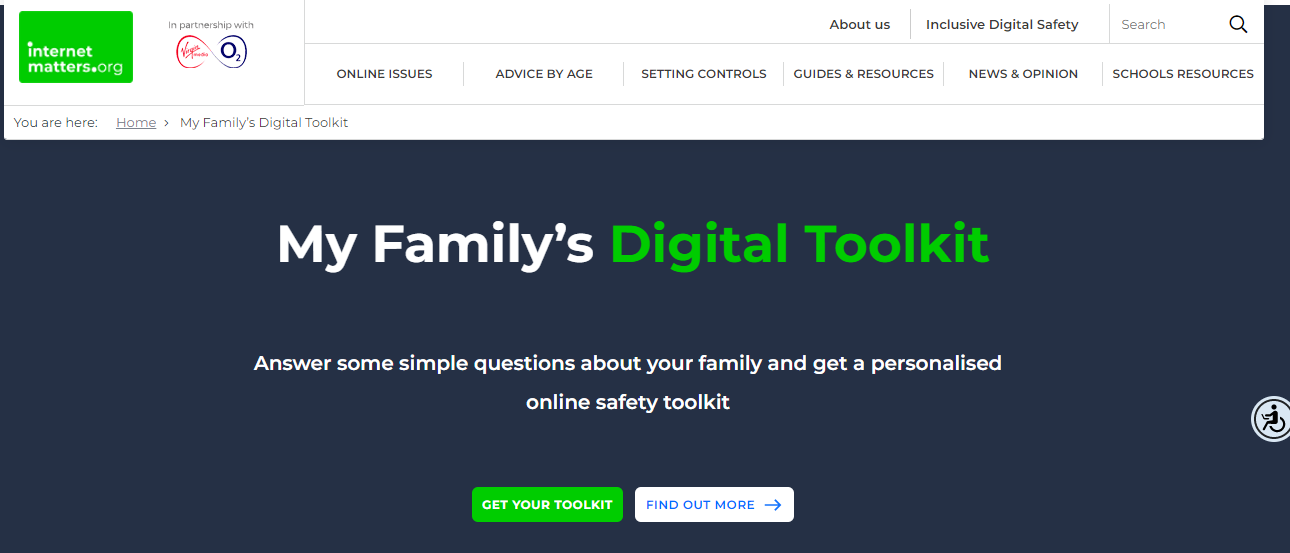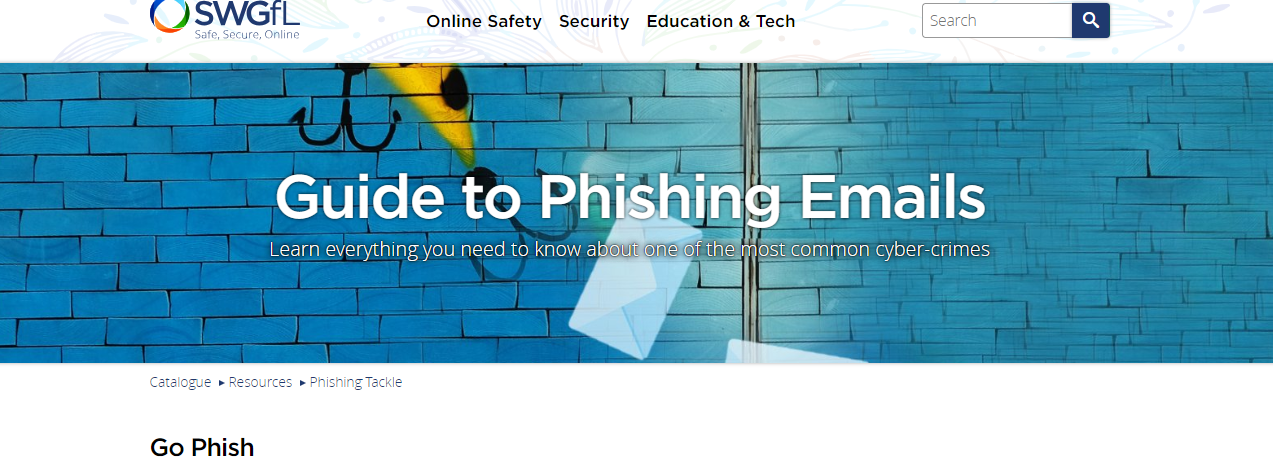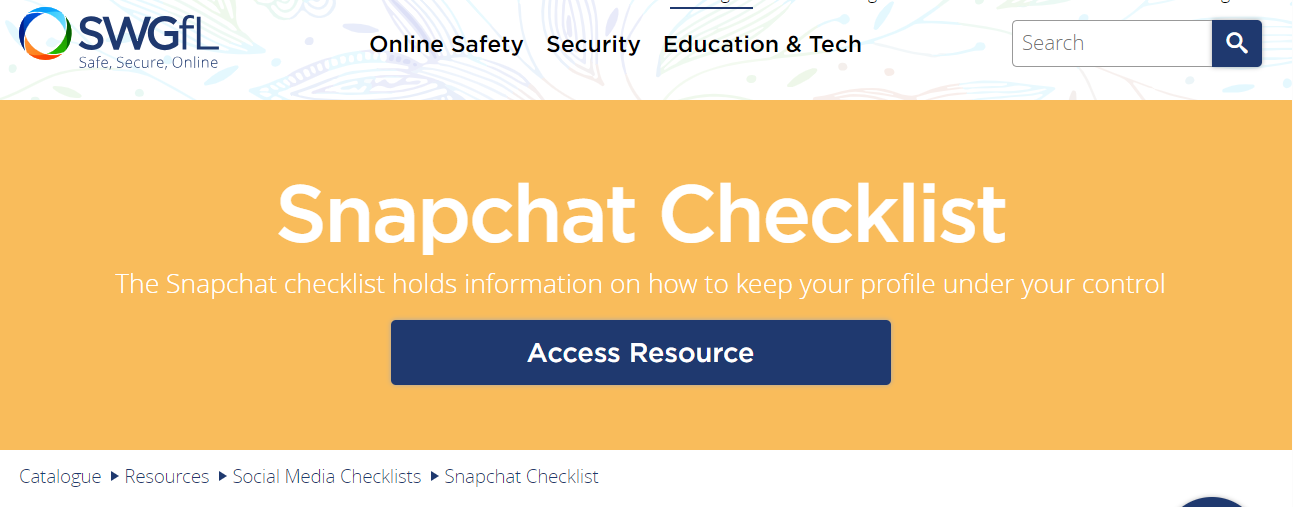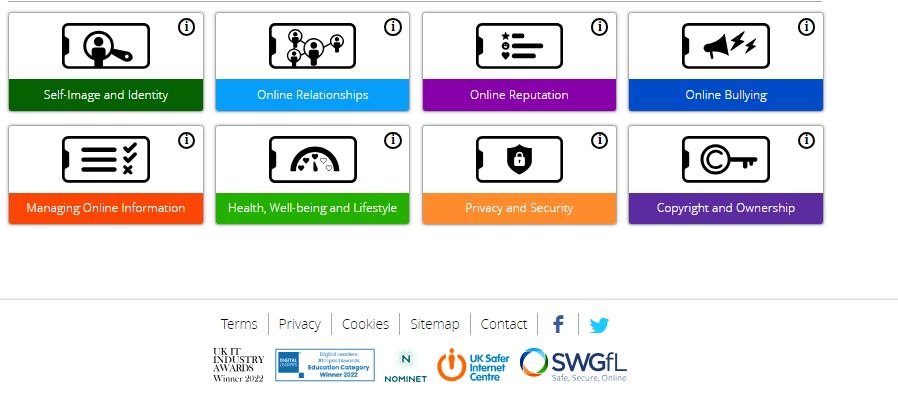Online Safety
My child is Gaming with a stranger - what should i do?
https://saferinternet.org.uk/blog/my-child-is-gaming-with-strangers-what-should-i-do

Also see pupil page under Pupil Leadership about Online safety - iVengers project
Hints and tips on keeping your children safe online during the school closures from Traci Goode – click here
Traci presented the online safety workshop at school and shared this useful website: www.internetmatters.org

Please see our Online safety Policy for details of how we teach the children how to use devises safely and effectively.
The purpose of this online safety policy is to:
-
- Safeguard and protect all members of Eyam Primary School community online.
- Identify approaches to educate and raise awareness of online safety throughout the community.
- Enable all staff t work safely and responsibly, to role model positive behaviour online and to manage professional standards and practice when using technology.
- Identify clear procedures to use when responding to online safety concerns.
This school identifies that the issues classified within online safety are considerable, but can be broadly categorised into three areas of risk:
-
- Content: being exposed to illegal, inappropriate or harmful material
- Contact: being subjected t harmful online interaction with other users
- Conduct: personal online behaviour that increases the likelihood of, or causes, harm.
Eyam School uses the Digital Literacy Curriculum to cover key aspects: Internet safety, privacy and security, relationships and communications, cyberbullying, digital footprint, self identity, information literacy and creative credit and copyright. Eyam CE Primary follows a comprehensive online safety curriculum:
On the Children's pages you can find out about our IVengers Project as it unfolds.
Please read the below article from the Department for Education about Cyberbullying
Useful support:
- Managing Snapchat -Why not use Snapchat? 'Children and young people could be at risk of viewing harmful or upsetting video content and images. Snapchat Map shares your location with other users on the app. Your child could receive unwanted contact from adults or other young people using the app.' This is a useful how to set up and protect your child guide.
- Protection against phishing -Sophos tell us that 41% of IT Professionals report phishing attacks on a daily basis, and that 30% of phishing emails are opened by users, so the need for education and prevention when it comes to phishing is as necessary as ever.



